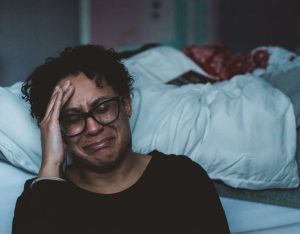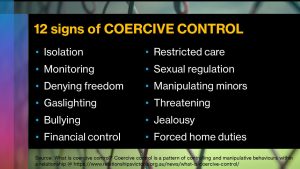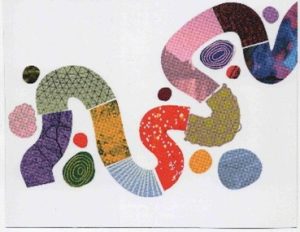“Why doesn’t she just leave?” A question many of us ask in reaction to a story of intimate partner abuse. This reaction speaks to the core of the problem and the erroneous belief that an abused woman has agency — a capacity to exert power — in her relationship, when just the opposite is true.

Photo by Claudia Wolff on Unsplash
Social researchers and DV practitioners know that psychologically abused women have low self-esteem, which then influences how empowered she feels to have influence over her life. Women with controlling partners experience a slow, insidious, and nearly invisible condition of coercion that entraps them in their intimate relationships. So well hidden, this entrapment can go undetected even by the woman herself.

Being unaware of what is taking place, women naturally minimise and deny the problems with their intimate partners. It’s behaviour so embedded in our culture and social expectations that women don’t see it or have words for it. At the same time, a woman’s experiences costs her a loss of self-esteem and trust in her own perception — making it all the more difficult to see the truth.
As friends, family and community members we must not fall into this stereotypical trap of blaming the victim for not taking action. We need to remember that a controlling partner seeks to overpower by using psychological abuse tactics that coerce and persuade his partner to his way of thinking.
We need to help the victim understand what has occurred in her life and help her heal rather than expecting her to fit a mould which may or may not be helpful.

